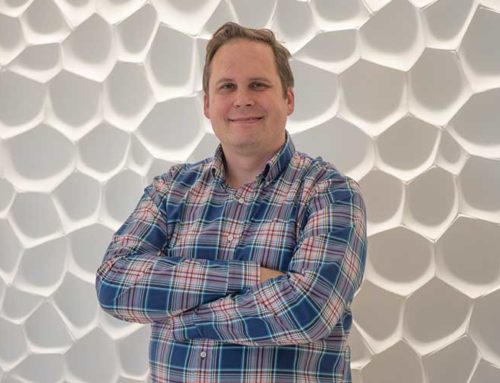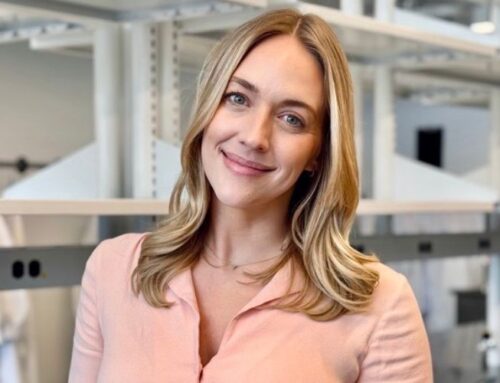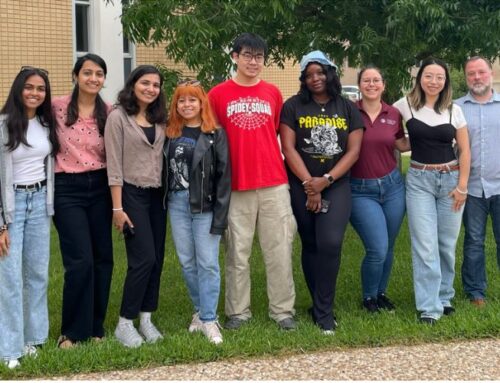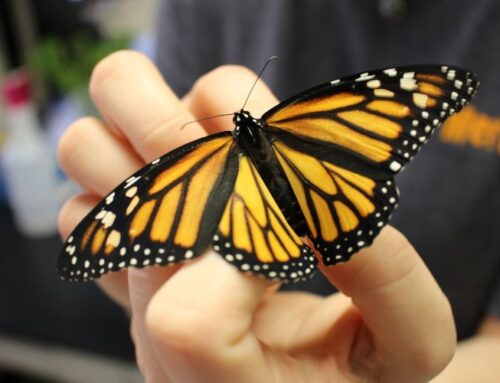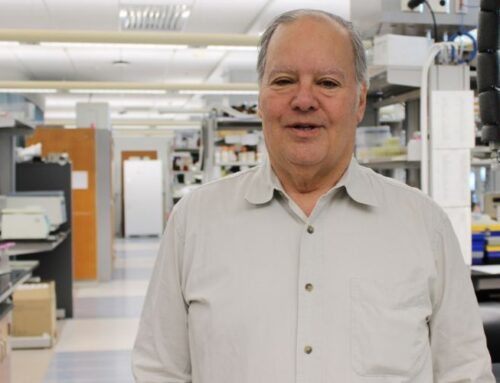Graduating Senior Spotlight: Hugo Moebel
By: TAMU Biology
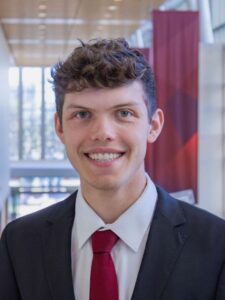 Meet Hugo Moebel, a graduating Biology major this Spring 2025 semester. Read all about his experiences leading him to his biology degree, his passion for medical school, and his amazing experience here!
Meet Hugo Moebel, a graduating Biology major this Spring 2025 semester. Read all about his experiences leading him to his biology degree, his passion for medical school, and his amazing experience here!
What inspired you to major in Biology at Texas A&M?
What drew me to major in biology was when I took anatomy in high school and also partly due to the numerous injuries I sustained while playing basketball. My experiences with these doctors led me to want to become one, and thus, I took the most natural route, a biology major. When it came to choosing the school, I compared A&M to the other schools to which I was accepted, and choosing it was an easy decision, given A&M’s tremendous network and growing biology department.
What has been your favorite biology class or lab experience, and why?
My favorite Biology class has been anatomy and physiology. Due to my background and experience with orthopedic surgeons, I am always fascinated by the human body and how its bones work together to help us move, as well as how organs carry out their chemical and physical functions to keep us running. My teacher, Dr. Lee, was a tremendous instructor and made learning these concepts fun and interactive. The labs also showed us cat models, allowing us to see bones, ligaments, tendons, and nerves in real life rather than just in a book, which was also invaluable to my learning.
Tell us about a research project, internship, or student org that made a significant impact on your time here.
One of the most significant impacts of my time here was my research project on crickets and my volunteering at Health For All. As an undergraduate researcher, I undertook my project on a novel model organism in the Keene Lab, Gryllodes sigillatus. The project introduced me to the research side of science. It taught me how to conduct proper scientific research while also fostering collaborative friendships within my lab, which will carry over into medical school, where I plan to continue researching. Health for All, a volunteer clinic that I discovered through the Pre-med Society, played a pivotal role in shaping my passion for medicine. I saw firsthand how to treat the entire person, emotionally and physically, rather than the illness, and that is something I will take with me into medical school. I also learned about the doctor shortage in Texas, having seen it firsthand at Health for All, where many patients come from counties up to 2 hours away. With more than 80% of Texas counties designated as Health Professional Shortage Areas, this is something I hope to help address, collaborate on, and lead others in trying to resolve.
What’s the most surprising or coolest thing you learned as a biology major?
The most remarkable thing I’ve learned from my time as a biology major is about one of our lab model organisms, the Mexican cavefish, also known as Astyanax mexicanus. What fascinated me was that there are two distinct types of these fish: the surface and the cavefish. The cavefish diverged from surface fish by becoming isolated in caves and developed these distinct evolutionary features. Notably having no eyesight, barely sleeping, and having no pigmentation. This was my first time truly understanding evolution outside of the classroom, and it was definitely a “wow” moment for me that I won’t forget.
Who has been your biggest mentor or source of support at TAMU?
My biggest mentor has been Dr. Keene, both my PI and my teacher. As a PI, Dr. Keene has been instrumental in my understanding of how to communicate science effectively to others and present it in a way that conveys a compelling story, a skill I hope to bring to medical school. As a professor of Biology through Film, he and McKensie Le Fevre taught me about current and past biology, as well as how it has been communicated through various films, which has been fascinating. Almost more importantly, the lessons we’ve also learned from this class, from what makes us human to how to conduct science and medicine ethically, is something I will take with me for the rest of my life. I also want to shout out Owen, my roommate, classmate, and friend. We’ve been through just about all 4 years together, from the basketball court to the classroom and to being in the same research lab. He’s taught me a lot about being applied and passionate in what you do, and our relationship has truly been that of iron sharpening iron. I’ve really appreciated that, and I don’t know where I’d be without him.
What are your plans after graduation?
After graduation, I plan to apply to medical school this summer and take a gap year while I am in the process of applying. During this gap year, I will be relocating to Lubbock to work as a medical assistant and further develop my skills in patient interactions.
What advice would you give to new Biology students?
The biggest advice I wish I had was to get involved as early as possible, whether it be through research, an organization, or even volunteering somewhere; find a passion and stick with it. This will create lasting bonds, enabling you to get the most out of these relationships and demonstrate consistency, giving you something to talk about in whatever future plans you may have.
What Aggie tradition or memory will you treasure most?
What I treasure most are the friendships I’ve built over the years. Texas A&M has truly become my home, and while I’m excited for what lies ahead, I know I’ll miss the simple joys, going to football and basketball games with friends, playing intramurals, and feeling the spirit that runs through this campus.
The sense of family and community here has exceeded anything I could have imagined. Coming in, I didn’t know a single person, and as a first-generation college student in America, the experience was daunting. But through it all, I found a place where I belonged, grew, and formed memories that I’ll carry with me forever.

